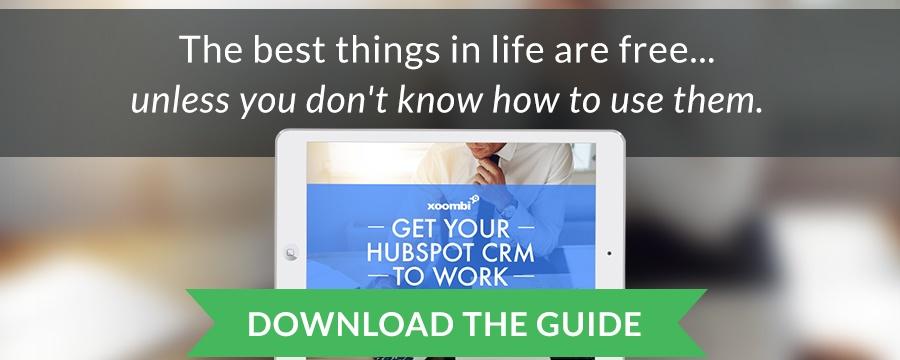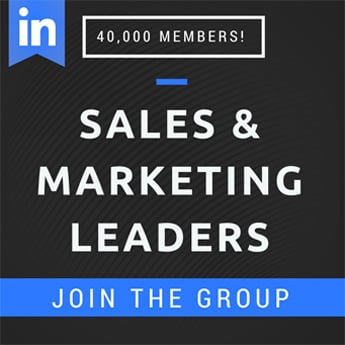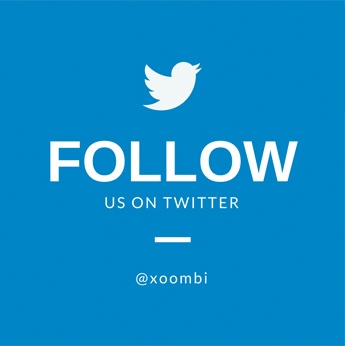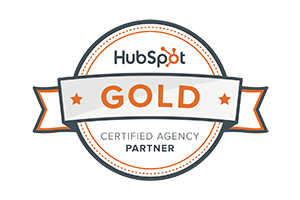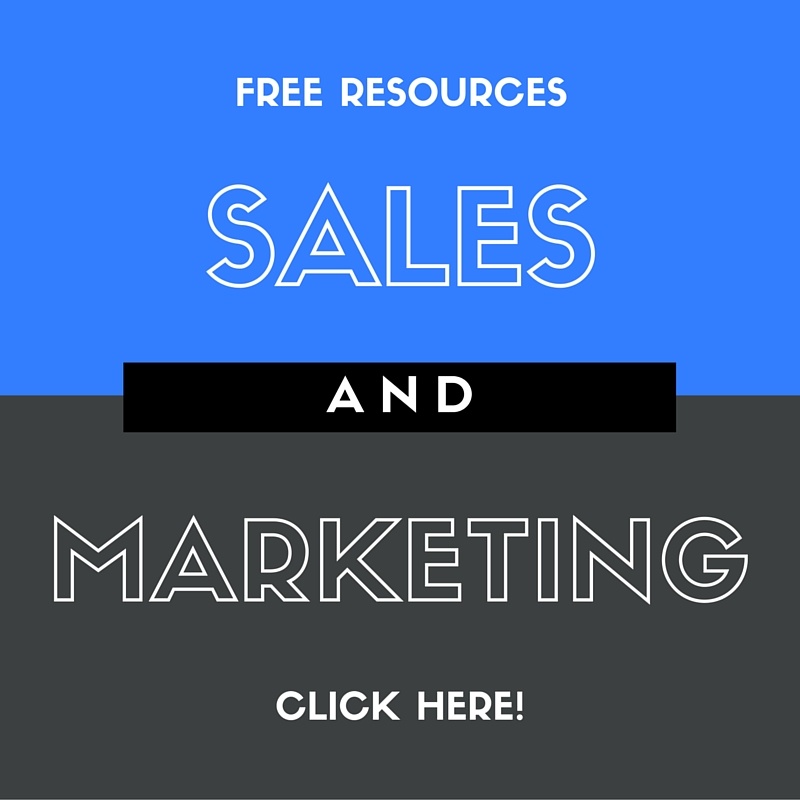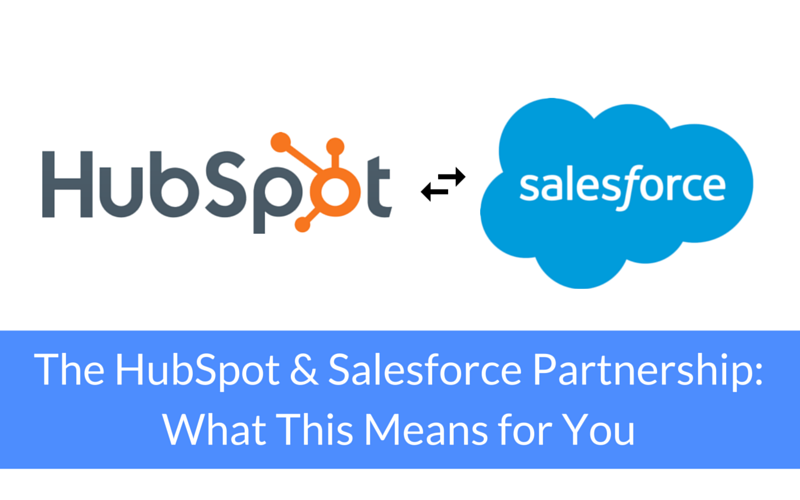
Back in May of 2015, Brian Halligan, CEO and cofounder of HubSpot, announced that HubSpot had "renewed their ISVForce relationship with Salesforce.com through 2020.”
Although the HubSpot & Salesforce partnership has been around for a while, there’s not much out there that outlines what it means for HubSpot users.
Download our free HubSpot CRM Guide to learn how to make your CRM work for you.
Let’s take a look at what the partnership entails and how you can benefit from it.
The Beginning
The partnership began with HubSpot’s Salesforce integration back in 2007. This integration was born out of a need for a social CRM; it helped capture lead tracking data from landing pages, produced a clean stream of leads, and prioritized communication with leads.
Collaboration Versus Competition
In 2014, HubSpot announced the launch of their new sales platform at their annual Inbound conference. This platform included a free CRM and Sidekick (now HubSpot Sales).
The CRM launched to existing HubSpot customers in early 2015, but many people (nearly 20% of HubSpot’s 15,000 marketing software customers) were already using Salesforce’s CRM product. That’s when the “collaboration versus competition” ideology came into play. HubSpot & Salesforce offered their users a choice of either the HubSpot or Salesforce CRM “depending on the customer’s unique needs.”
As Brian said of HubSpot & Salesforce:
Both companies are opting for collaboration versus competition. Both companies are opting to give the customer choices. Both companies are solving for their customers. I think this type of deal is healthy for the market.
A Forward-Thinking Agreement
The renewed partnership that will last until 2020 is for all customers, “current and future, including those who haven’t yet implemented either of the products.”
Since HubSpot is dedicated to the idea of smarketing—alignment between your sales and marketing teams created through frequent and direct communication between the two—it wants to ensure that customers’ marketing and sales platforms are aligned with and can speak to one another.
That’s why they want to allow customers already using Salesforce to be able to continue using it while also leveraging HubSpot’s powerful marketing software. As Arjun Moorthy, VP of Business Development and Partner Programs at HubSpot, put it, “Delivering a strong integration for our customers was a top priority for both HubSpot & Salesforce in renewing our partnership.”
What the Partnership Doesn’t Mean
Just because you’re a HubSpot customer doesn’t mean you have to use either the HubSpot or Salesforce CRMs (although we highly recommend the HubSpot CRM). You still have the autonomy to choose the CRM solution that best meets your organization’s needs.
Furthermore, the HubSpot marketing platform isn’t build on the Salesforce1 platform or vice versa. As Arjun explains, “Our partnership pertains to the integration between the HubSpot Marketing Platform and Salesforce CRM which allows our customers to use both platforms seamlessly.”
Last but not least, this integration doesn’t require users to have to make any changes on their end. However, you may want to take a moment to ensure your Salesforce integration is up to date. You can do so here.


